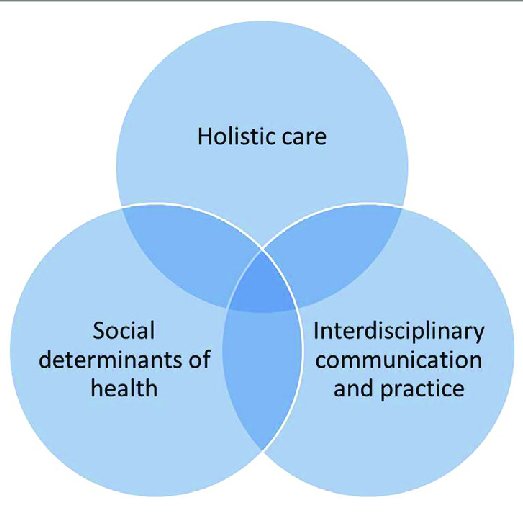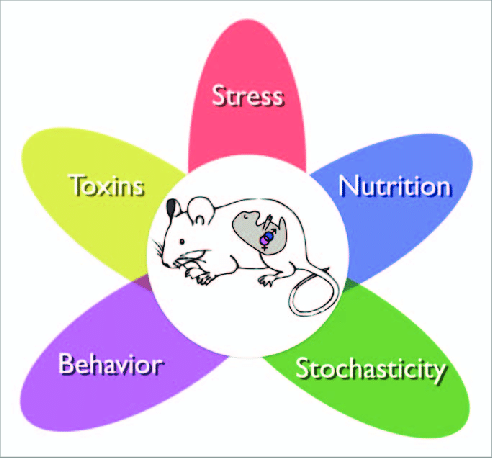Health care difficulties have crossed international borders as a result of the effects of a globalised economy, innovations in transportation, and changes in farming methods.
By focusing on global health, practising physicians and medical school professors can impact prevention efforts on a global scale. The first step in comprehending global health is to define it, and then to learn about some of the challenges that are associated with it.
What is the definition of global health?
While precise definitions differ by source, you can think of global health as a worldwide and interdisciplinary knowledge of health care. It encompasses the study, research, and practise of medicine with a goal of increasing global health and health care equity.
While the World Health Organization (WHO) is one of the most visible organisations working to improve global health, academics and executives from a number of professions are leading collaborative efforts.

The One Health One Medicine programme, according to Dr. Calum Macpherson, dean of the School of Graduate Studies and director of research in the School of Medicine at St. George’s University (SGU), is the convergence of human, animal, and ecosystem health.
Dr. Macpherson notes, “By learning from each other and pooling resources, great progress can be made for the benefit of human and animal kind.”
6 IMPORTANT GLOBAL HEALTH ISSUES TO BE AWARE OF
So, what are the biggest obstacles to global health progress? The six global health challenges listed below demonstrate the scope and depth of this vast field
1. Pandemics
Pandemics are characterised as global disease outbreaks, according to an article published in the World Health Organization’s Bulletin. Some influenza outbreaks, COVID-19, and other viral threats are examples of pandemics, which illustrate our vulnerability to widespread infections, many of which begin in animals.

Every year, there are new pandemic risks to contend with. Vaccination initiatives can assist, but it’s also necessary to address concerns at the root, such as health education and ethical agricultural practises. Researchers have also provided proposals for global risk mitigation strategies that can be implemented even after an outbreak has occurred.
2. Environmental factors
What impact does air pollution and climate change have on human health? In most cases, the solution is found in the availability of water and sanitation.
Storms, flooding, droughts, and air pollution make it easier for diseases to spread over huge populations. The immediate response is to give resources such as bottled water and sanitation technology, but global health must also prioritise environmental concerns prevention in the first place.

“Many global health experts believe that climate change is the greatest threat to human health,” Dr. Macpherson says. “Global initiatives to reduce human-caused climate change are gaining traction.”
As proof, he cites legislation from a variety of countries. There are rules in place to restrict individual household energy usage, as well as measures to encourage large-scale industries to adopt environmentally sensitive practises.
According to Macpherson, “such improvements will have enormous health benefits for individuals who reside in urban centres, which account for more than half of the world’s population.” This estimate corresponds to World Bank data.
3. Economic disparities and access to health care.
Despite constant advancements in medicine, communities all across the world continue to lack basic health knowledge and treatment. As a result, there are health inequalities, such as high infant death rates, which are frequently linked to geography. Other inequalities are the result of income gaps, with individuals and families simply unable to afford health care that would otherwise be unavailable.

To address these economic obstacles, global health professionals must look for ways to include underrepresented communities in public health discussions, encourage physicians to practise in rural areas, and implement policies that lower barriers and improve access to health care.
4. Political factors
When foreign politics enters the picture, insufficient access to health care becomes even worse. As internal or international wars wreak havoc on key infrastructure, ordinary people become increasingly exposed to disease. As a result, they look for ways to get out of harmful situations that threaten their safety.

Diseases can spread swiftly due to migration, however organisations like the WHO emphasise that solutions should aim to enhance refugee and migrant health by mobilising across borders to promote policies that integrate short-term humanitarian crisis responses with long-term health care access improvements.
5. Non-communicable diseases.
According to the WHO, heart disease, stroke, cancer, diabetes, and other noncommunicable diseases (NCDs) account for 70% of all fatalities globally.
Education can help people recognise and improve lifestyle variables such poor diets, inactivity, cigarette use, and alcohol intake, which can lead to NCDs. However, there is a link between household income and the prevalence of NCDs.

According to the WHO, low- and middle-income nations account for 85 percent of premature NCD-related fatalities. Reducing the global prevalence of NCDs requires addressing the factors that disproportionately affect low-income areas.
6. Animal health, food sourcing and supply.
The study of veterinary public health, which some students pursue by earning a dual degree in veterinary medicine and public health, demonstrates how animal and human health are organically linked. Animals are used for transportation, draught power, and clothing in impoverished countries, with the food chain being the most obvious connection.

Irrigation, pesticide use, and waste management are all agricultural activities that can have an impact on animal health, making disease transmission a worry at every stage of the food supply chain. Veterinary medicine must be included in any endeavour to enhance global health because diseases originating from animals or animal products play such an important role in disease transmission.
Opportunities to impact the world’s health!
The ever-growing list of global health challenges can be daunting, but there are numerous ways that individuals can make a difference.
Dr. Macpherson says that “everyone can make a difference.” “Small donations add up quickly if enough individuals join the cause.”

If you are a current MD or a future medical student, one idea is to broaden your viewpoint on medicine by attending global health speaking engagements or pursuing an international education. For example, SGU is dedicated to empowering students to improve world health. Obtaining a dual MD/MPH degree is one possibility for gaining a unique perspective on integrating medical care at both the holistic and patient levels.




